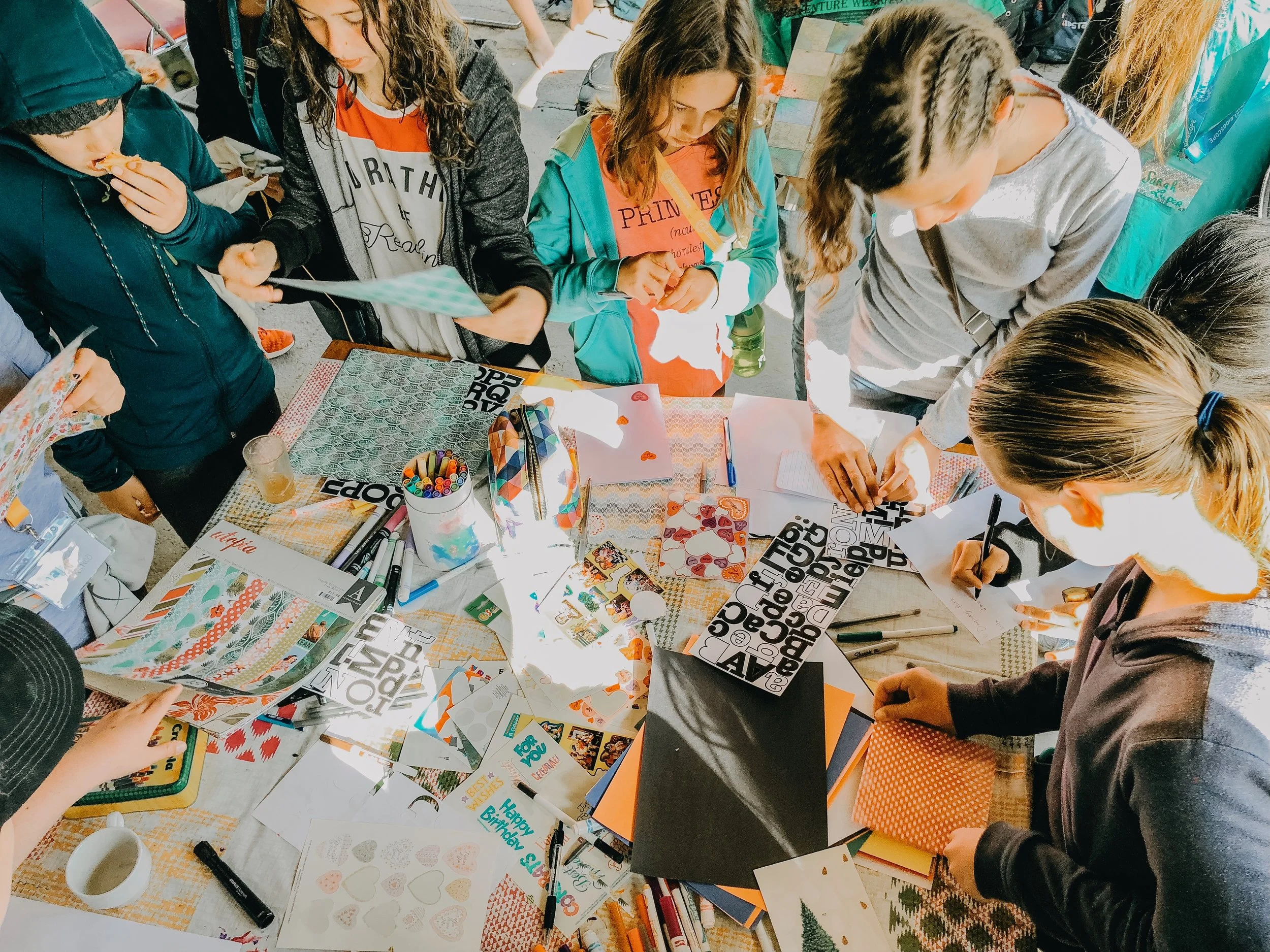THIRD CULTURE KID Facts
TCK Fact #1
“Third culture kid” includes the children of missionaries, military, diplomats, business people, or anyone living cross culturally. (25) Ruth Useem, a cultural anthropologist, first coined the term “third culture” in the 1950s while living in India with her family.
TCK FACT #2
If you dread the question “where are you from?” you might be a TCK. On average, TCKs move to a new country before they turn 10 years old. TCKs grow up experiencing two or more cultures. They feel at home in their “host” countries while maintaining ties to their “passport” countries.
TCK FACT #3
Almost 70% of third culture kids end up working in a cross-cultural career or returning to a life abroad following college/marriage. According to a study of over 800 missionary kids, only 6% of have a desire to return to ministry. Check out this awesome infographic from Denizen Mag to learn more.
TCK FACT #4
TCKs are different than other cross-cultural kids because they typically retain citizenship in their parents’ passport countries or return there later. TCKs are sometimes called “hidden immigrants” because they are able to relate and adapt to multiple cultures but can also feel like outsiders, even in their passport countries.
TCK FACT #5
TCKs don’t necessarily live in the third world or even three different places. Rather, they belong to a “third,” created culture with its own specific traits. Often, a third culture kid’s most valued relationships are with other TCKs, even above those with family and God.
TCK FACT #6
The “kid” in Third Culture Kid relates to childhood experiences, though the identifying traits stay with TCKs into adulthood. TCKs don’t always appear to have a lot in common, but we always share some common threads that make getting to know each other a unique bonding adventure.
TCK FACT #7
Sometimes TCKs are not equipped with the proper tools to deal with the vivid experiences, clash of cultures, and disenfranchised grief that they experience.








